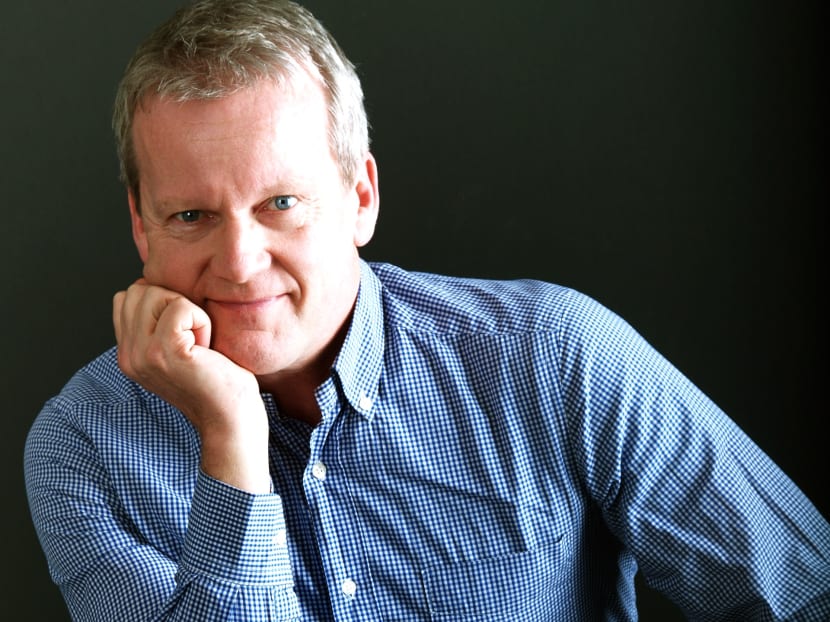S’pore education system has capacity to take more risks: Expert
SINGAPORE — It is seeing a decline in its performance in international tests, but Finland, undaunted, is set to take a leap of faith and introduce integrated learning into their classrooms, where student can propose what topics they want to study and how they want to be assessed, for a period of one to two weeks.

Professor Pasi Sahlberg, a Finnish education expert, said having an integrated approach of learning is to increase students' engagements levels and get teachers to work more closely with each other for the overall well-being of the child. Photo: Pasi Sahlberg
SINGAPORE — It is seeing a decline in its performance in international tests, but Finland, undaunted, is set to take a leap of faith and introduce integrated learning into their classrooms, where student can propose what topics they want to study and how they want to be assessed, for a period of one to two weeks.
In the latest Programme for International Student Assessment (PISA) results — a test conducted by Organisation for Economic Co-operation and Development with 15-year-olds — Finland went from chart-toppers to placing 12th for mathematics, sixth for reading and fifth for science.
But the country, which has been lauded as a role model for education systems worldwide, has chosen not to focus on the results.
“In many countries, the governments’ response to PISA results declining is to increase teaching time for math, science and reading to bring the results back. But we are doing exactly the opposite, taking time from these subjects to do something in an integrated way,” said Finnish education expert Pasi Sahlberg, in an interview with TODAY.
Professor Sahlberg, who was in town to speak at the World Educational Leadership Summit on Wednesday (April 8), said Finland’s decision to introduce integrated learning was motivated by two reasons: To increase students’ engagement levels in school, and getting teachers across disciplines to work more closely with each other for the child’s overall wellbeing.
Prof Sahlberg, who was heading the Centre for International Mobility and Cooperation under Finland’s Ministry of Education and Culture before moving to teach in Harvard University last year, said that it is not about doing more of the same things “but to do things differently”.
Under the programme, which will be implemented from next year, the scope of learning for students who are, for instance, learning about the European Union, would span economics to culture. They will also discuss with their teachers their preferred assessment format, such as through tests on pen-and-paper or by giving a presentation.
“If we are able to improve students’ engagement, psychological health and well-being...we think they will also learn math, reading and science better,” Prof Sahlberg said.
He agreed that such an approach is a risk, and high-quality teachers are needed to make this successful. But Singapore has the capacity to take similar risks, he said, citing the similarities between Finland and the Republic, such as rigorous teacher selection and teacher training processes.
“My favourite recommendation in the (conference) for Singapore is to establish a national day to celebrate failure,” quipped Prof Sahlberg. Finland, he said, has such a celebration yearly and doing so will create a more open culture to embrace risks.
Asked how parents were responding to the concept of integrated learning, Prof Sahlberg said it remains to be seen but noted that Finnish parents are mainly concerned about their child’s interest in learning than grades. This is also due to the lack of standardised testing in Finland — there is only one, taken age 18 — he added.
While he is highly impressed by Singapore’s teacher education system, Prof Sahlberg balked at the central role of exams in learning, and the excessive levels of private tuition here.
He said this would lead to less equitable outcomes as richer families can pay for private classes for their kids to excel in early standardised exams, and some children also only mature later.
“I think it is not good for the future of nation that so many young people must take private tutoring in addition to the already fairly high quality and intensive teaching in schools...children will benefit more from having time for recreation and play,” he said.









